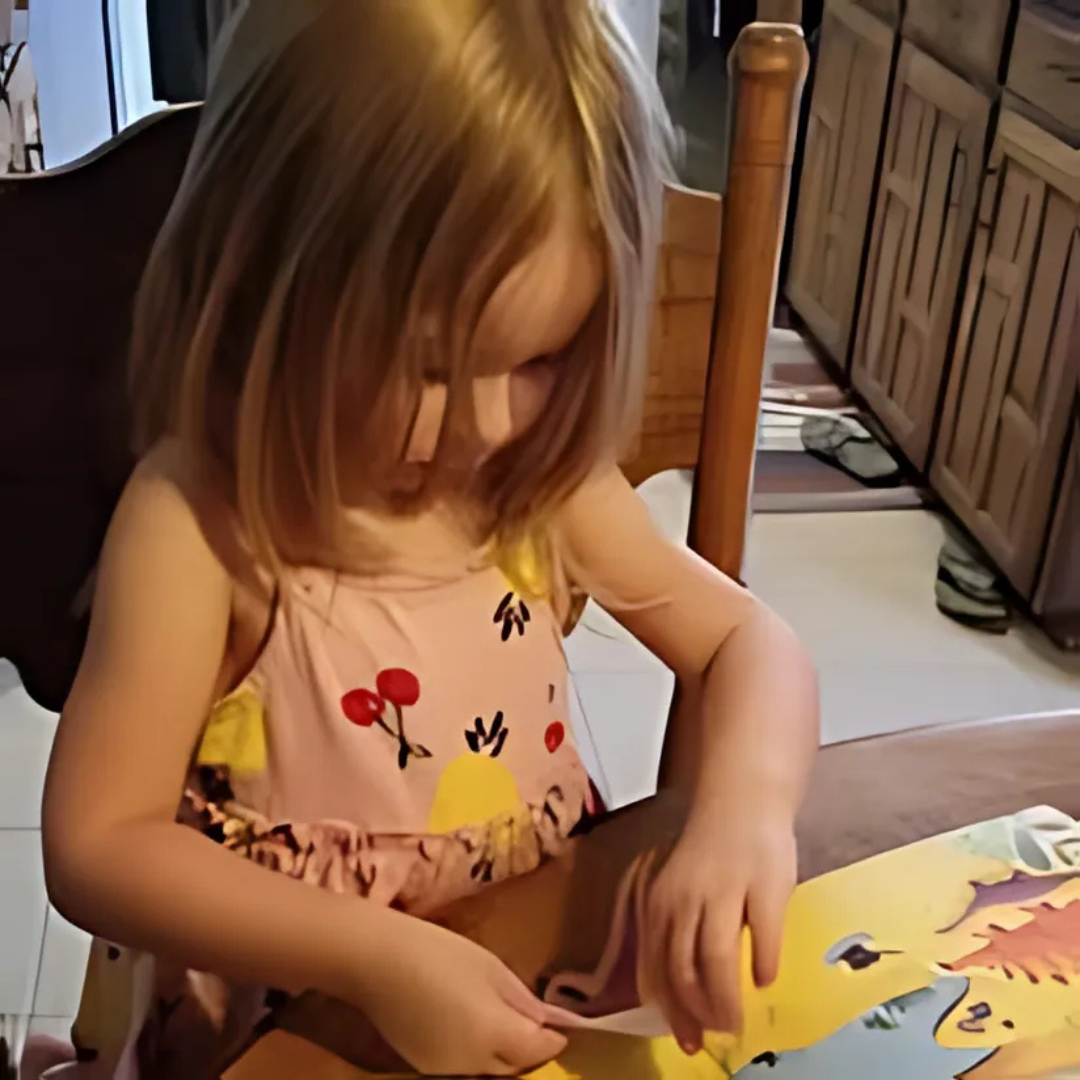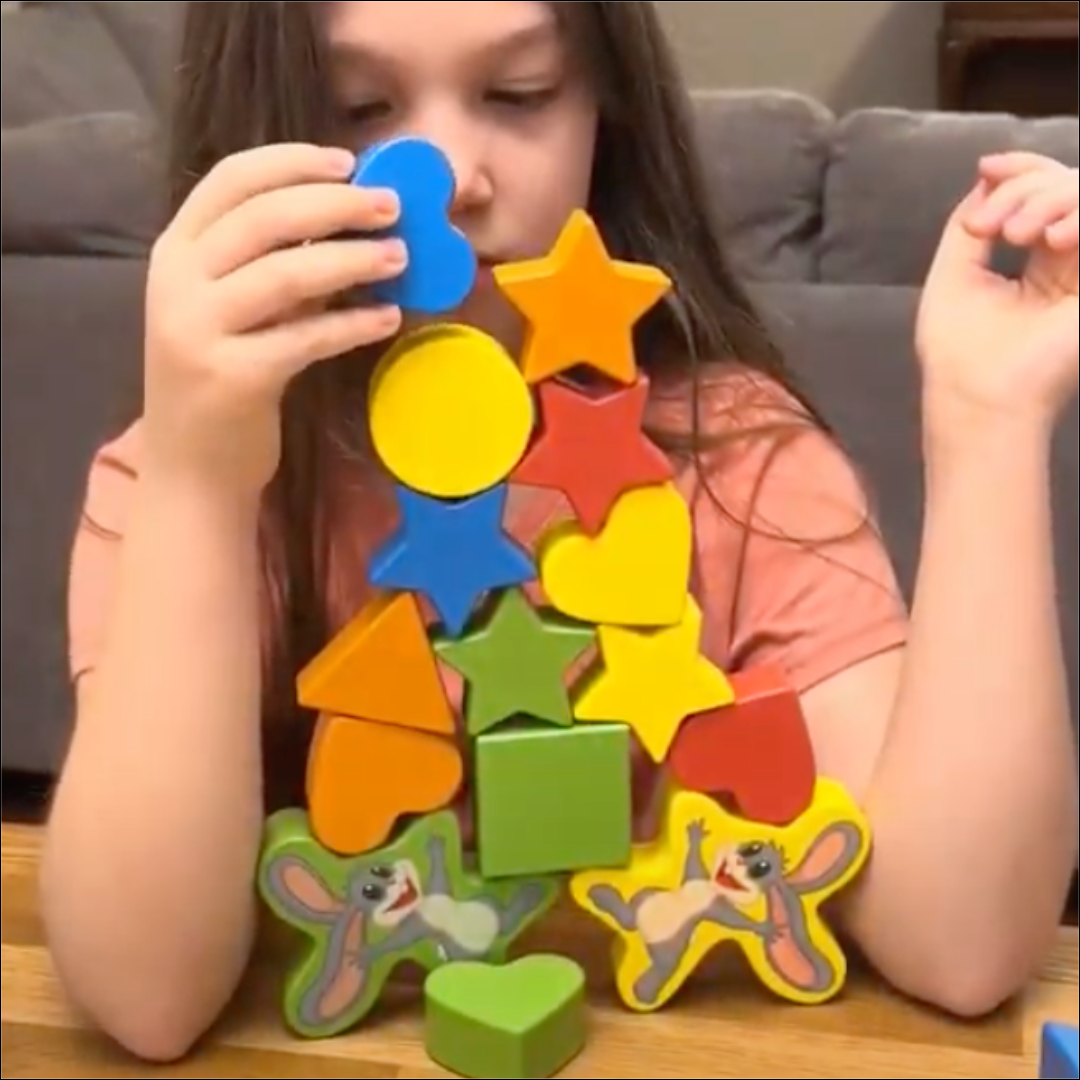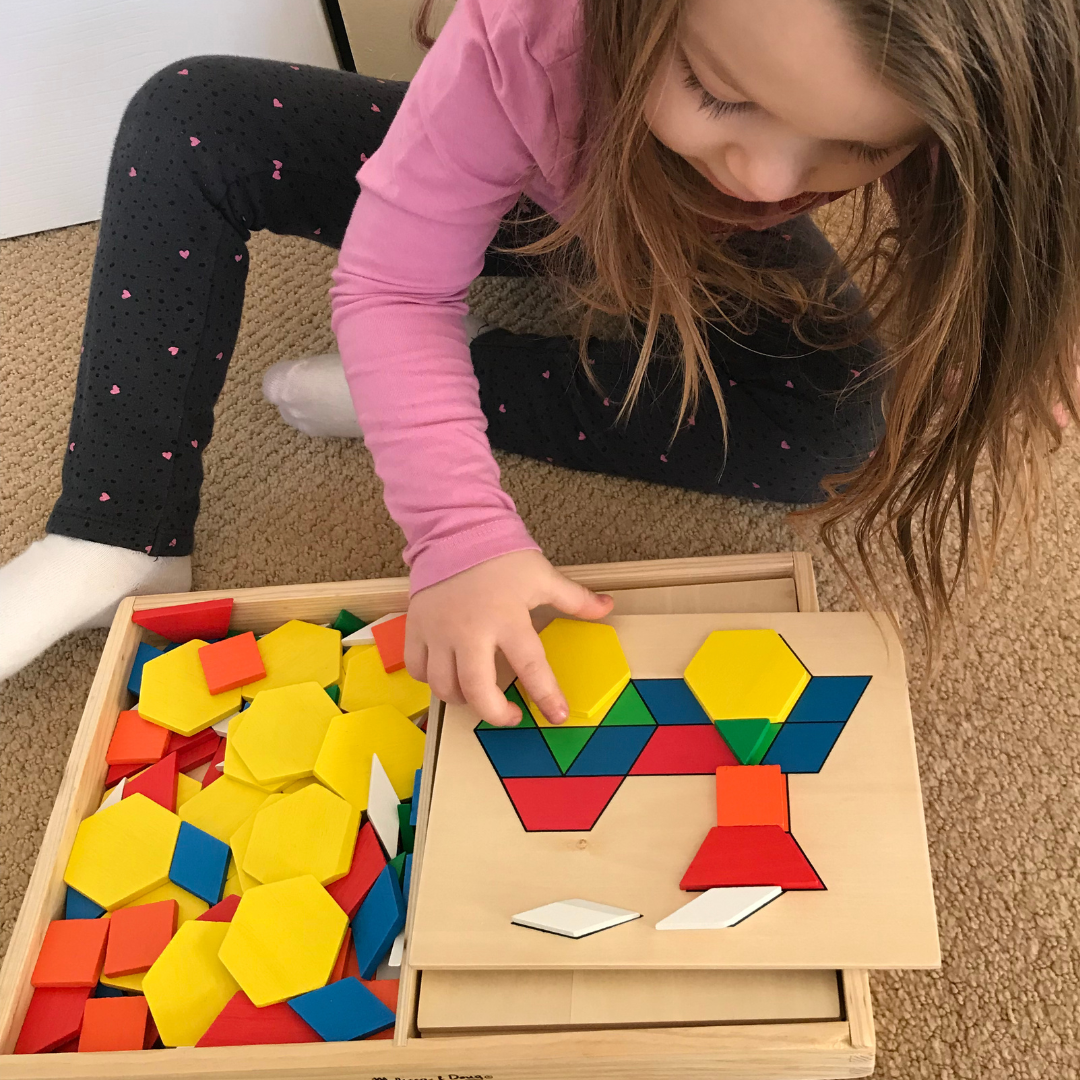Why Play is Important

Never miss a blog.
Please check your email to complete signup.
Have a great day!
Play's Essential Function in Homeschooling: Fostering Development and Education
Homeschooling provides a distinctive and adaptable educational path, enabling parents to customize their child's learning to fit their unique needs and passions. In this customized learning adventure, play stands out as a crucial element, playing a significant role in a child's growth and education. Let's explore the importance of integrating play into homeschooling and its benefits for enhancing the learning experience.

The Educational Benefits of Play
1. Cognitive Development: Play is instrumental in fostering cognitive growth. Through play, children engage in activities that stimulate their brains, enhancing their memory, attention span, and problem-solving skills. Educational games, puzzles, and hands-on activities provide practical applications for theoretical knowledge, making learning more interactive and enjoyable.
2. Creativity and Imagination: Play fuels creativity and imagination, which are critical for innovative thinking. When children engage in imaginative play, such as role-playing or storytelling, they explore different scenarios and ideas, which can enhance their creative thinking skills. This creativity can then be applied to various academic subjects, helping children approach problems and projects with a fresh perspective.
3. Hands-On Learning: Homeschooling provides an ideal environment for hands-on learning, and play is a perfect vehicle for this. Activities like building models, conducting experiments, and creating art projects allow children to learn by doing. This experiential learning helps solidify concepts and makes abstract ideas more tangible and understandable.

Social and Emotional Growth
1. Emotional Regulation: Play is a natural way for children to express and manage their emotions. Through play, children can act out different scenarios, explore their feelings, and develop coping mechanisms. This emotional regulation is crucial for building resilience and self-confidence, which are essential for both personal and academic success.
2. Social Skills: Despite the perception that homeschooling may be isolating, play can provide ample opportunities for social interaction. Group activities, co-op classes, and playdates with other homeschooling families allow children to develop social skills such as cooperation, communication, and conflict resolution. These interactions are vital for creating well-rounded individuals who can navigate social situations effectively.
3. Family Bonding: Play also strengthens family bonds. When parents engage in play with their children, it fosters a sense of closeness and trust. This bonding time is crucial in a homeschooling environment where parents are both educators and caregivers. It helps create a positive and supportive learning atmosphere.

Physical Health and Well-Being
1. Physical Activity: Incorporating play into homeschooling ensures that children remain physically active. Regular physical activity is essential for maintaining a healthy body and mind. Outdoor play, sports, and movement-based activities help improve motor skills, coordination, and overall physical health, which can enhance concentration and focus during academic lessons.
2. Stress Relief: Play provides a natural outlet for stress relief. Homeschooling can sometimes be intense, with a strong focus on academics. Play breaks allow children to relax and recharge, reducing stress and preventing burnout. This balance between work and play is essential for maintaining a positive attitude toward learning.

Enhancing Motivation and Engagement
1. Intrinsic Motivation: Play inherently promotes intrinsic motivation. When children are engaged in play, they are driven by their interests and curiosity. This self-motivation can spill over into their academic work, making them more eager to learn and explore new topics. Incorporating elements of play into lessons can make learning more enjoyable and less of a chore.
2. Personalized Learning: Homeschooling allows for personalized learning plans, and play can be tailored to suit each child’s interests and learning style. Whether it’s through educational games, interactive simulations, or creative projects, play can make learning more relevant and meaningful. This personalized approach can help children grasp complex concepts more effectively.

Practical Tips for Incorporating Play into Homeschooling
1. Schedule Regular Play Breaks: Integrate short play breaks between lessons to give children time to unwind and recharge. These breaks can include physical activities, creative play, or simple games.
2. Use Educational Games: Incorporate educational games that align with your child’s curriculum. These can make learning more interactive and fun, reinforcing academic concepts in an engaging way.
3. Encourage Outdoor Play: Take advantage of the flexibility homeschooling offers by incorporating outdoor play. Nature walks, gardening, and outdoor sports can provide valuable learning experiences and promote physical health.
4. Create a Play-Friendly Environment: Design a learning space that encourages play. Have a variety of toys, games, art supplies, and books readily available to inspire creativity and spontaneous learning.
5. Join Homeschooling Groups: Participate in local homeschooling groups and co-ops to provide your child with opportunities for social play. These groups often organize field trips, group activities, and playdates that can enhance social skills and provide a sense of community. Check Facebook groups for co-ops in your area.
Conclusion
Play is not just a break from learning; it is a vital component of a well-rounded homeschooling education. It nurtures cognitive, social, emotional, and physical development, making learning more effective and enjoyable. By embracing the power of play, homeschooling families can create a rich, dynamic, and balanced educational experience that fosters a lifelong love of learning.
